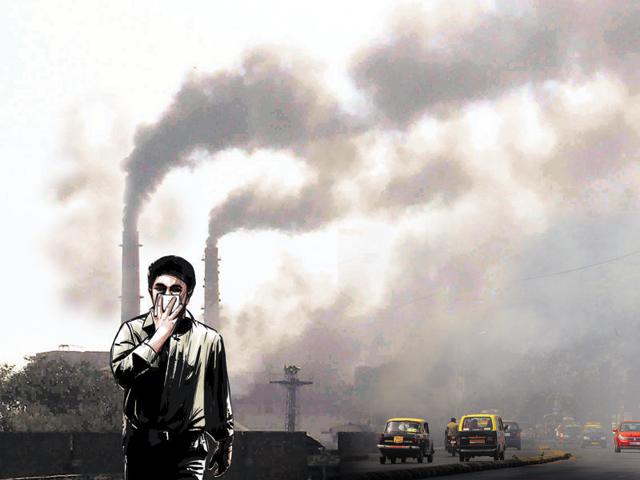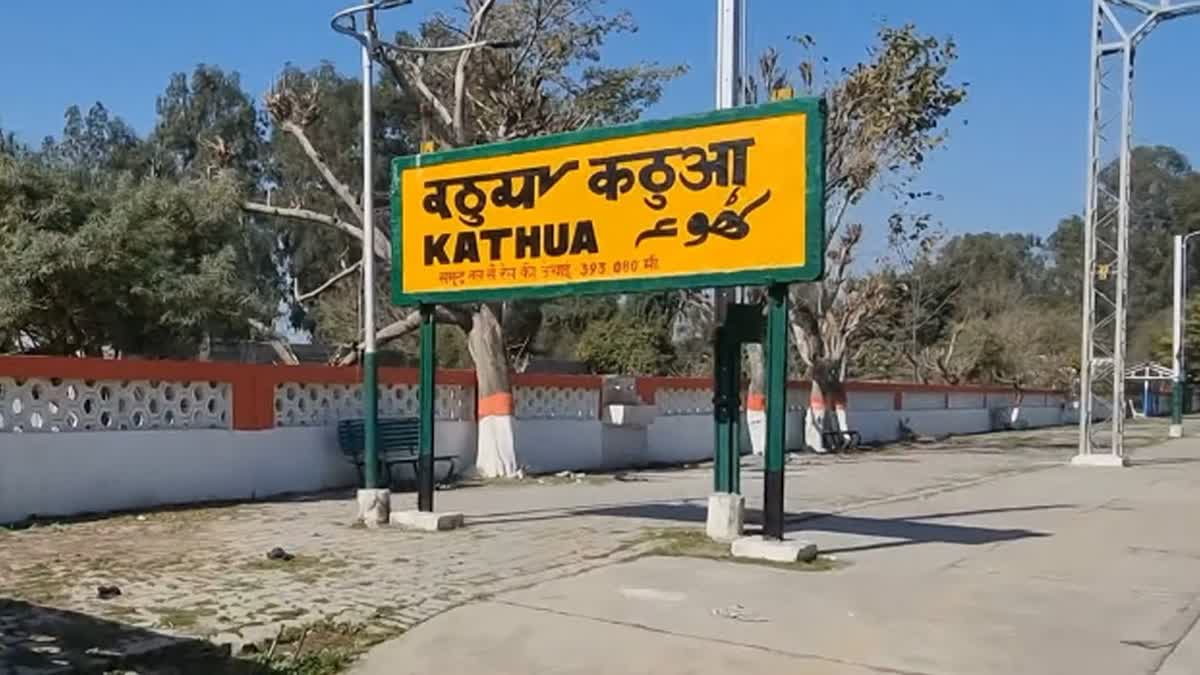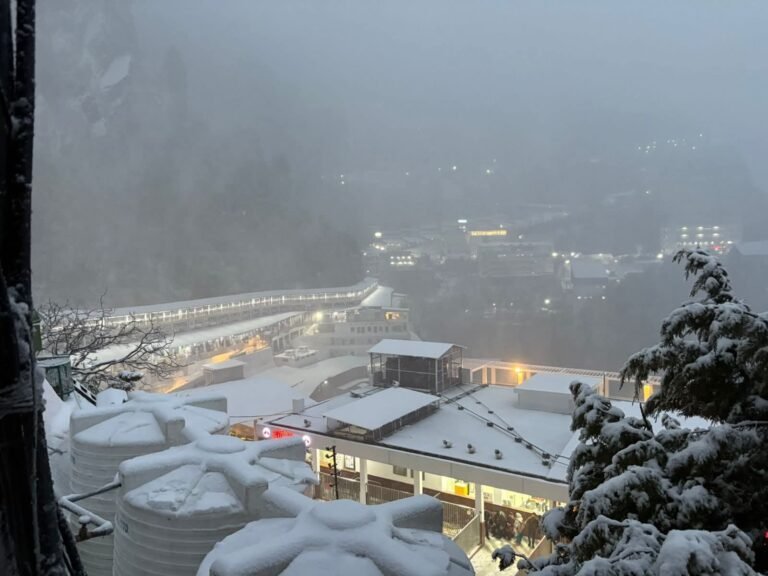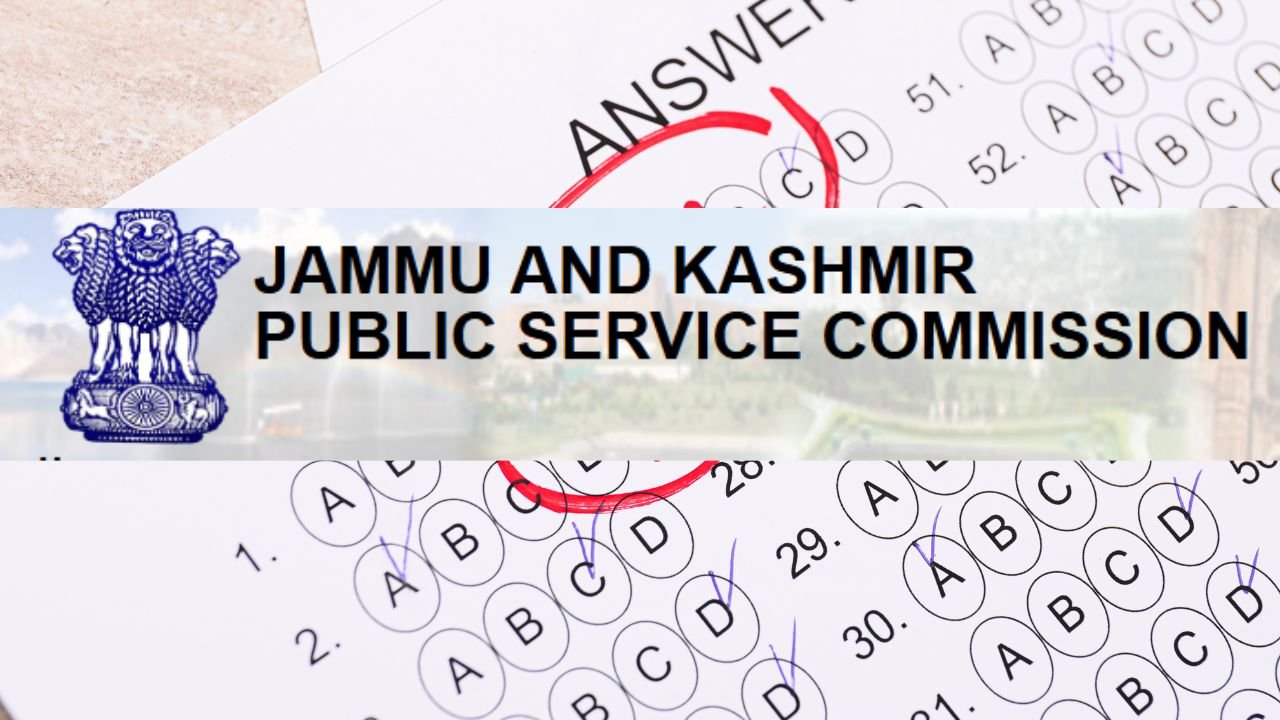Unplanned urbanisation and uncontrolled vehicular growth on the roads of Jammu and Srinagar has pushed the twin capitals in the category of non-attainment cities, where the air pollution has exceeded the permissible limit.
Both the cities have breached the established air quality norms about five years ago with suspended particulate matter and respiratory suspended particulate matter crossing the threshold levels with the State Pollution Control Board (SPCB) now imposing a ban on the use of firewood and coal by restaurants and dhabas (eateries).
As per the National Green Tribunal (NGT), non-attainment cities are those which don’t meet the national ambient air quality standards i.e. where the pollution level has crossed the permissible limit, directly affecting the health of people.
Officials said the biggest pollutants were vehicles, destruction of forest areas surrounding Jammu and Srinagar for expanding habitation, brick kilns, use of firewood and dust generated by construction and developmental activities.
“Air-borne suspended particulate matter is important marker of air quality, which includes organic and inorganic matter, nitrogen and sulphur compounds, polycyclic aromatic, hydrocarbons and several heavy metals,” said Bushan Parimoo, an environmentalist based in Jammu.
Read also: Jammu air quality turns SEVERE
As per the data with the motor vehicles department, there are more than 16 lakh vehicles registered in the state. Of these 9 lakh are registered in Jammu division and 7 lakh in the Kashmir valley.
J&K is the 19th biggest contributor of the greenhouse gases in the country.















